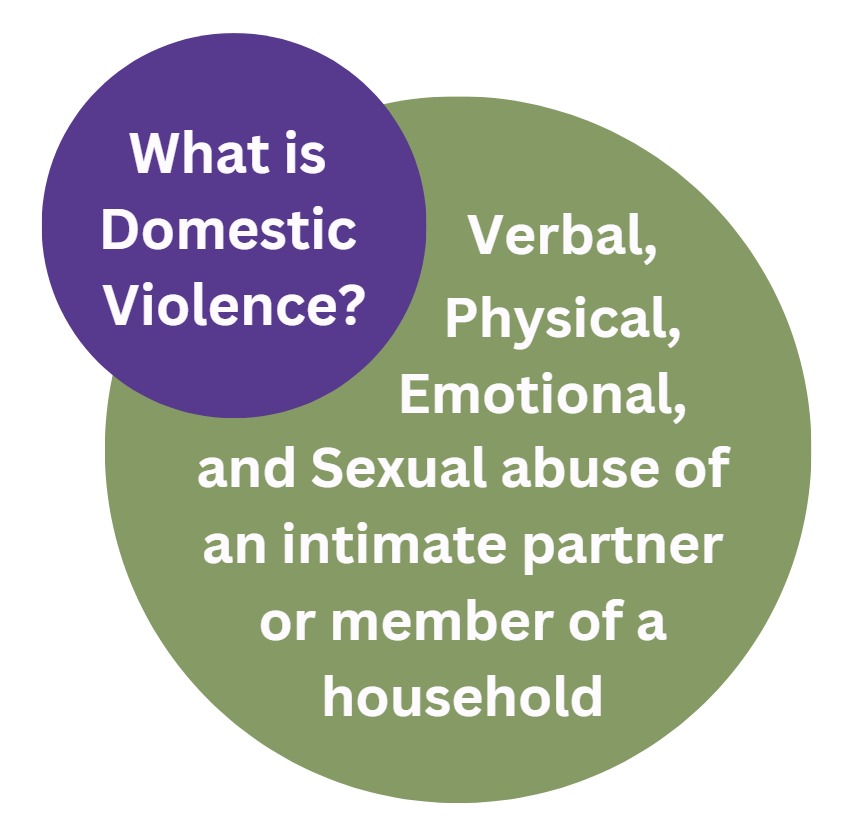How to Help Someone Experiencing Domestic Violence

Signs Someone You Know May be Experiencing DV
Isolation/Cancelling plans
Anxiety/Depression
Negative change in self-esteem or sense of worth
Change in appearance or presentation
Physical injuries
Is nervous or uncomfortable around their partner
Although it can be very painful to watch your loved ones suffer in an abusive relationship, you cannot force them to leave their abuser.
Leaving an abusive relationship is a very dangerous and difficult thing to do. It is a decision they must make on their own, when they are ready. However, there are things you can do to help.
What You Can Do
- Learn more about DV and what resources are available in your community
- Offer to assist them in anyway you are able (financially, emotional support, childcare, taking in pets, offering a place to stay.)
- Maintain their confidentiality. DO NOT confront the abuser's friends and family
- Build up their self-esteem and confidence
- Reassure them that the abuse is not their fault
- Be patient, even if they return to their abuser or are not making the choices you think they should
- Remember that a survivor is the expert on their situation and the behaviors and patterns of their abuser
- Understand that you don't know the full story
- If your loved one says they are danger, take them seriously
Other Resources:
The Hotline: Support Others
NPR - How to support a loved one
